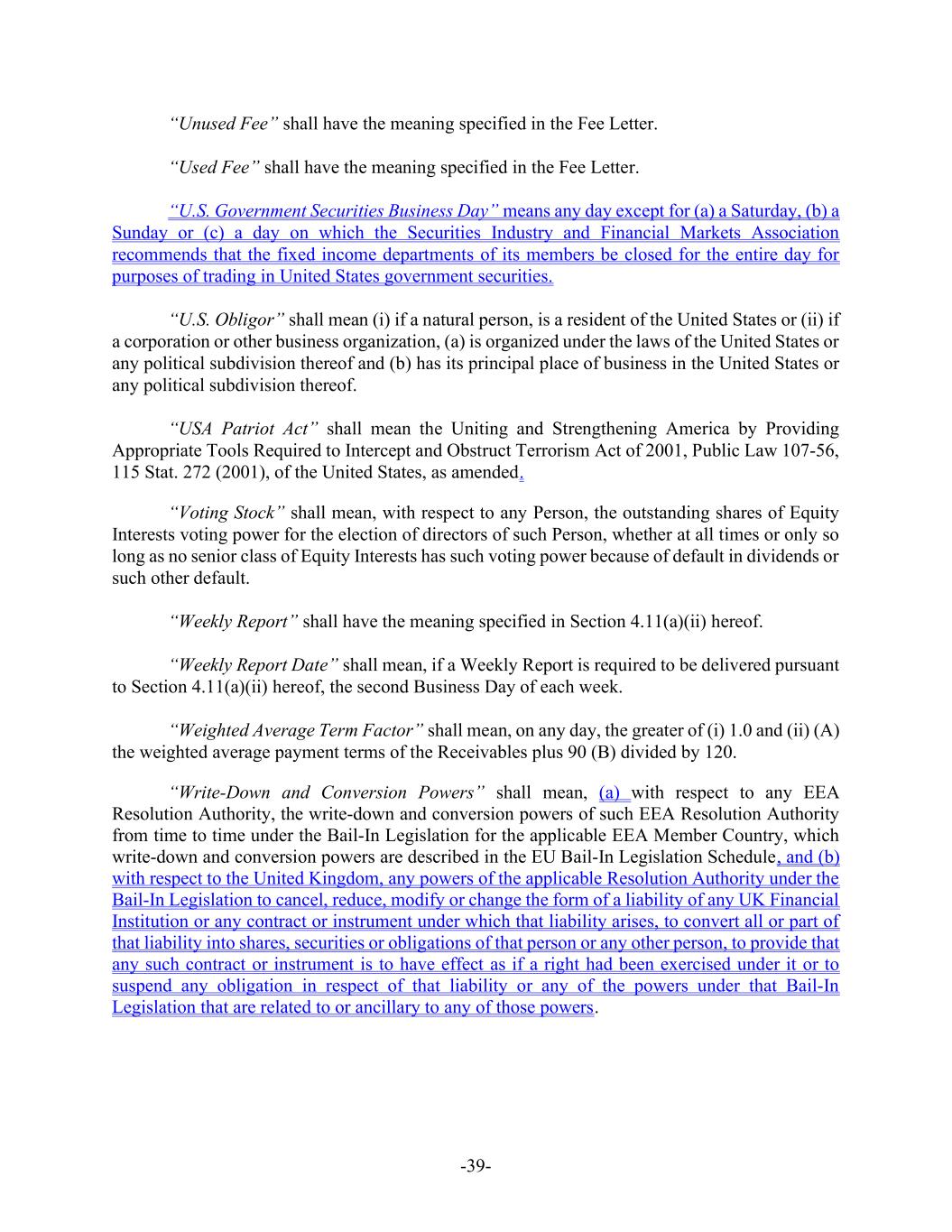Did you know that day trading mistakes can cost you more than just money; they can also land you in legal hot water? In the fast-paced world of day trading, understanding the legal landscape is crucial to avoid significant pitfalls. This article dives into common legal risks, including insider trading accusations, leverage restrictions, and tax implications. We’ll explore the regulations governing day trading, the SEC's role in platform oversight, and the consequences of market manipulation. Additionally, we’ll highlight the legal requirements for reporting income and the importance of compliance with trading disclosures. For new traders, we’ll point out frequent legal missteps and how international laws might impact your strategies. Stay informed with DayTradingBusiness to navigate the complexities of day trading legality effectively.
What are the main legal risks in day trading?
The main legal risks in day trading include insider trading, market manipulation, failure to comply with SEC regulations, misrepresentation or fraud, and not adhering to pattern day trader rules. Violating these laws can lead to fines, account bans, or criminal charges.
How can I avoid insider trading accusations?
To avoid insider trading accusations, never trade on material, non-public information. Stick to publicly available data and avoid tipping others or acting on confidential tips. Keep detailed records of your trades and sources of information. Follow all regulations set by the SEC and your trading platform. Stay transparent and cautious with insider knowledge to prevent legal pitfalls in day trading.
What regulations govern day trading activities?
Day trading is governed by regulations from the SEC and FINRA, including pattern day trader rules requiring maintaining a minimum $25,000 account balance. Violating margin rules or engaging in unregistered trading schemes can lead to legal penalties. Insider trading, market manipulation, and failing to follow disclosure requirements also pose legal risks.
Are there legal restrictions on using leverage in day trading?
Yes, using leverage in day trading is legally restricted in some jurisdictions. For example, the U.S. limits leverage for retail traders to 2:1 for diversified stocks and up to 30:1 for forex, regulated by the SEC and FINRA. Other countries may impose different caps or require specific licensing. Violating these leverage limits can lead to legal penalties or account restrictions.
How does tax law affect day traders?
Tax law impacts day traders by requiring them to report all gains and losses accurately, often as ordinary income or capital gains, which affects their tax rates. Failing to keep detailed records or misclassifying trades can lead to audits, penalties, or fines. Using the wrong accounting method, like not tracking wash sales properly, can trigger costly errors. Additionally, traders who don’t understand self-employment taxes or business deductions risk IRS scrutiny. Proper tax planning and compliance are essential to avoid legal pitfalls in day trading.
What are the legal implications of pattern day trading rules?
Pattern day trading rules require maintaining a minimum $25,000 account balance; violating this can lead to account restrictions or suspension. If traders ignore or misunderstand these rules, they risk forced liquidation of positions or account freezes. Engaging in pattern day trading without meeting the financial requirements or using deceptive practices can result in regulatory penalties from FINRA or the SEC. Misrepresenting trading activity to bypass rules is illegal and can lead to fines or account bans. Always adhere to the pattern day trading regulations to avoid legal trouble.
Can I face prosecution for market manipulation?
Yes, you can face prosecution for market manipulation if you intentionally rig prices, spread false info, or engage in practices like pump-and-dump schemes. Regulatory agencies like the SEC actively pursue such violations. Even small manipulative acts can lead to legal action, fines, or criminal charges.
What are the legal requirements for reporting day trading income?

You must report your day trading income on your tax return, typically as ordinary income. Keep detailed records of all trades, gains, and losses. In the U.S., traders may need to file Schedule C or Schedule D, depending on the trading activity. Failing to report all income or misclassifying it can lead to penalties or audits. Always comply with IRS rules and consult a tax professional for proper reporting.
How do securities laws impact day trading strategies?
Securities laws restrict insider trading, market manipulation, and require proper registration of brokerage accounts. Violating these laws can lead to fines, account bans, or criminal charges. Day traders must avoid deceptive practices, ensure trades comply with reporting requirements, and stay within legal boundaries to prevent legal pitfalls.
What are the common legal mistakes made by new day traders?
New day traders often violate wash sale rules, trade on insider information, neglect to report all income, or use unregistered brokerage accounts. They might also forget to adhere to pattern day trader regulations, leading to account restrictions or fines. Failing to keep detailed records of trades or misrepresenting profits on taxes can trigger audits. Some traders ignore SEC or FINRA rules, risking legal action. Overall, not understanding regulations or rushing into trades without proper compliance is a common mistake.
Learn about What Are the Common Legal Pitfalls for Day Traders?
How does the SEC regulate day trading platforms?

The SEC regulates day trading platforms by enforcing rules on registration, disclosures, and fair trading practices. It monitors for fraud, manipulative schemes, and insider trading. Platforms must comply with SEC regulations, including proper reporting and transparency. Violations can lead to fines, sanctions, or shutdowns. The SEC also oversees broker-dealer operations and ensures they follow anti-fraud laws to protect traders from illegal practices.
Learn about How Do SEC and FINRA Regulations Influence Day Trading Strategies?
What legal issues arise from using automated trading algorithms?
Using automated trading algorithms can lead to legal issues like market manipulation claims if algorithms are designed to manipulate prices. There’s also risk of violating securities laws if algorithms execute trades based on non-public information or create false market signals. Regulators may scrutinize algorithmic trading for failing to meet disclosure requirements or for contributing to market volatility. Additionally, traders might face legal trouble if algorithms cause system outages or disrupt fair trading practices.
Learn about Legal Risks Associated with Using Automated Trading Systems
Can I get sued for unauthorized trading?
Yes, you can get sued for unauthorized trading if you trade in someone else's account without permission or violate securities laws.
What should I know about trading disclosures and compliance?

In day trading, trading disclosures and compliance mean you must clearly disclose your trading activities, risks, and fees, and follow regulations set by the SEC and FINRA. Failing to properly disclose your trades or misrepresenting your performance can lead to legal trouble. Avoid making false statements, using insider information, or neglecting to report large positions. Stay updated on rules like Pattern Day Trader (PDT) rules and ensure your broker complies with all regulatory requirements. Non-compliance can result in fines, account restrictions, or legal action.
How do international laws affect day trading across borders?
International laws can restrict or regulate day trading across borders through restrictions on foreign exchange, taxes, and trading licenses. They can cause legal issues if traders don’t comply with different countries’ financial regulations, such as reporting requirements or prohibited trading activities. Misunderstanding international trading laws can lead to penalties, account freezes, or even criminal charges. Always ensure your trading activity aligns with the legal frameworks of both your country and the countries where your broker operates.
Learn about How Does Insider Trading Affect Day Traders?
Conclusion about What are common legal pitfalls in day trading?
Navigating the legal landscape of day trading is crucial for success. By understanding the main legal risks, regulations, and compliance requirements, traders can protect themselves from potential pitfalls. Awareness of insider trading laws, tax implications, and the intricacies of leveraging can significantly reduce legal exposure. Additionally, keeping abreast of SEC regulations and international laws is vital as you develop your trading strategies. For comprehensive support and insights, DayTradingBusiness is here to guide you in making informed decisions and avoiding common legal mistakes.
Learn about What Are the Common Legal Pitfalls for Day Traders?